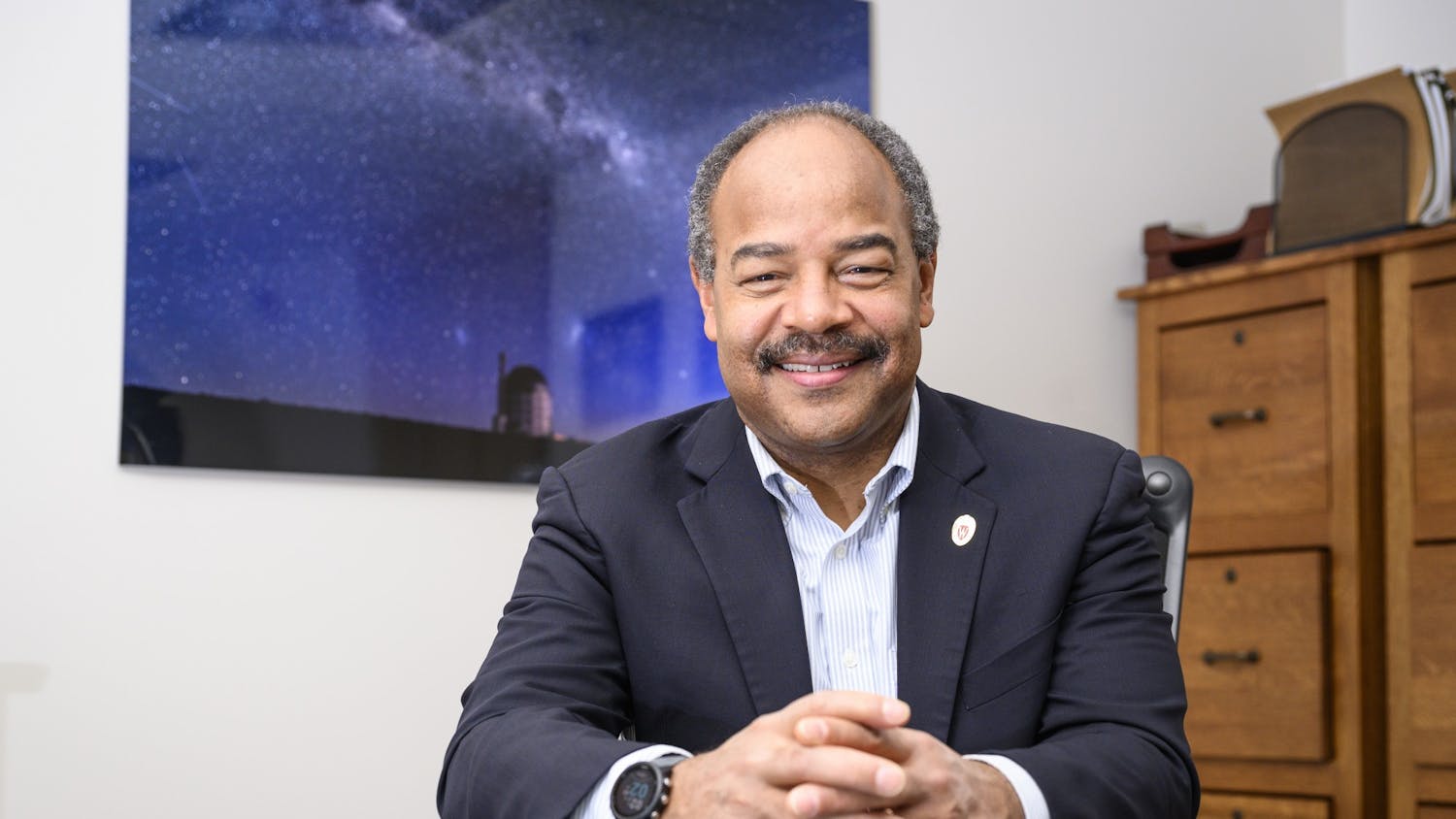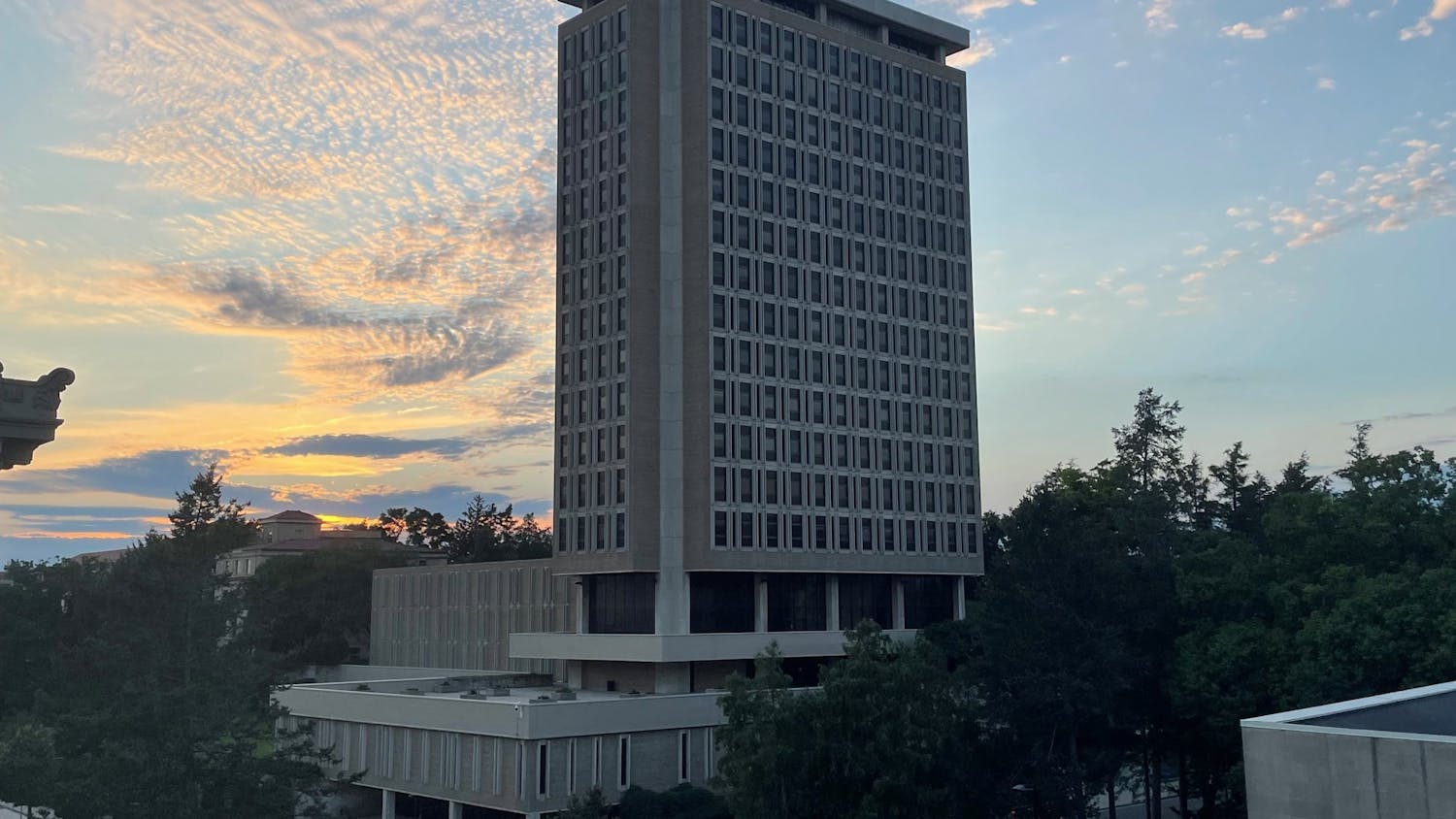At the Sept. 5 Board of Regents meeting, Speaker of the Assembly Robin Vos, R- Burlington, posed a question:
“Are we the most nimble that we can be?” Vos asked the assembled audience of University of Wisconsin System Board of Regents members and legislators. “Does … allowing faculty to make a huge number of the decisions on every campus help the system or hurt our ability to be flexible?”
The comments spurred a flurry of responses, largely from faculty and staff involved in shared governance who saw Vos’ remarks as a challenge to the current decision-making system.
Shared governance is a framework by which different campus bodies work together to govern the university and develop policies. Faculty members, academic staff and students all give input in the decision-making process, as mandated by state statute.
A working group made up of assembly staff members, which Vos referred to in his remarks, is in the process of gathering ideas about potentially changing the campus governance structure, according to state Rep. Patricia Strachota, R-West Bend. While no concrete plans are set, the representatives involved could decide to carry suggestions through the legislative process.
“There were a lot of ideas thrown out,” Strachota said. “We’re going to take some of those ideas and see. If we feel that they have merit we’ll move forward.”
The working group was partially created to address concerns about faculty having too much input in certain decisions, such as those related to finances and personnel, said Mike Mikalsen, spokesperson to state Rep. Stephen Nass, R- Whitewater.
“When it comes to the financial aspects of the university, there are some chancellors who feel like they have to, under the shared governance rules, run everything through the Faculty Senate,” Mikalsen said. “And Faculty Senate takes a very long time to make decisions and … slows down the ability of campuses to address problems or deal with reform.”
However, Mikalsen said faculty input in other areas is vital.
“Curriculum, academic issues - everybody would agree that faculty and students should have a pre-eminent … role in those matters,” he said.
After Vos’ comments at the Board of Regents meeting, some shared governance representatives began to fear their ability to participate in decision-making was in jeopardy. Many members of Academic Staff Assembly and Faculty Senate said they believe the current system works.
As for claims the shared governance system slows the process down, Heather McFadden, chair of the Academic Staff Assembly, said decisions take a long time to gain approval because the decisions themselves are complex and not because there are flaws in the system.
“It takes a lot of voices and a lot of time ... to switch things in the ways that we’ve done things on campus,” McFadden said.
Mark Cook, who is on the executive committee of Faculty Senate, sees the structure as one of the reasons UW-Madison ranks so highly as a university.
“My biggest concern about starting to change governance structures on campus is it would be a really big destabilizing activity,” Cook said. “I really believe that a lot of the faculty on this campus are on this campus simply because we have a good governance structure.”





